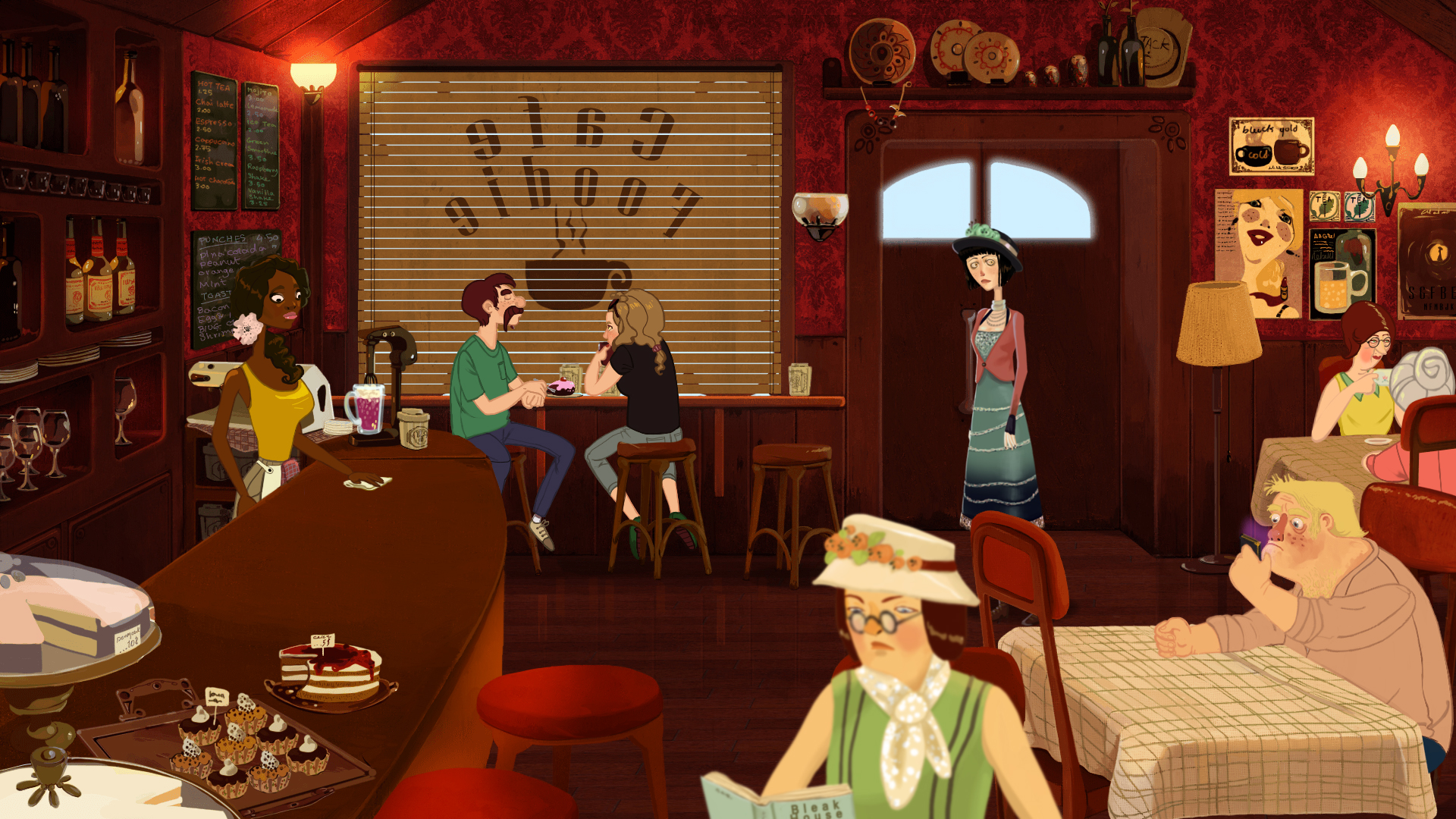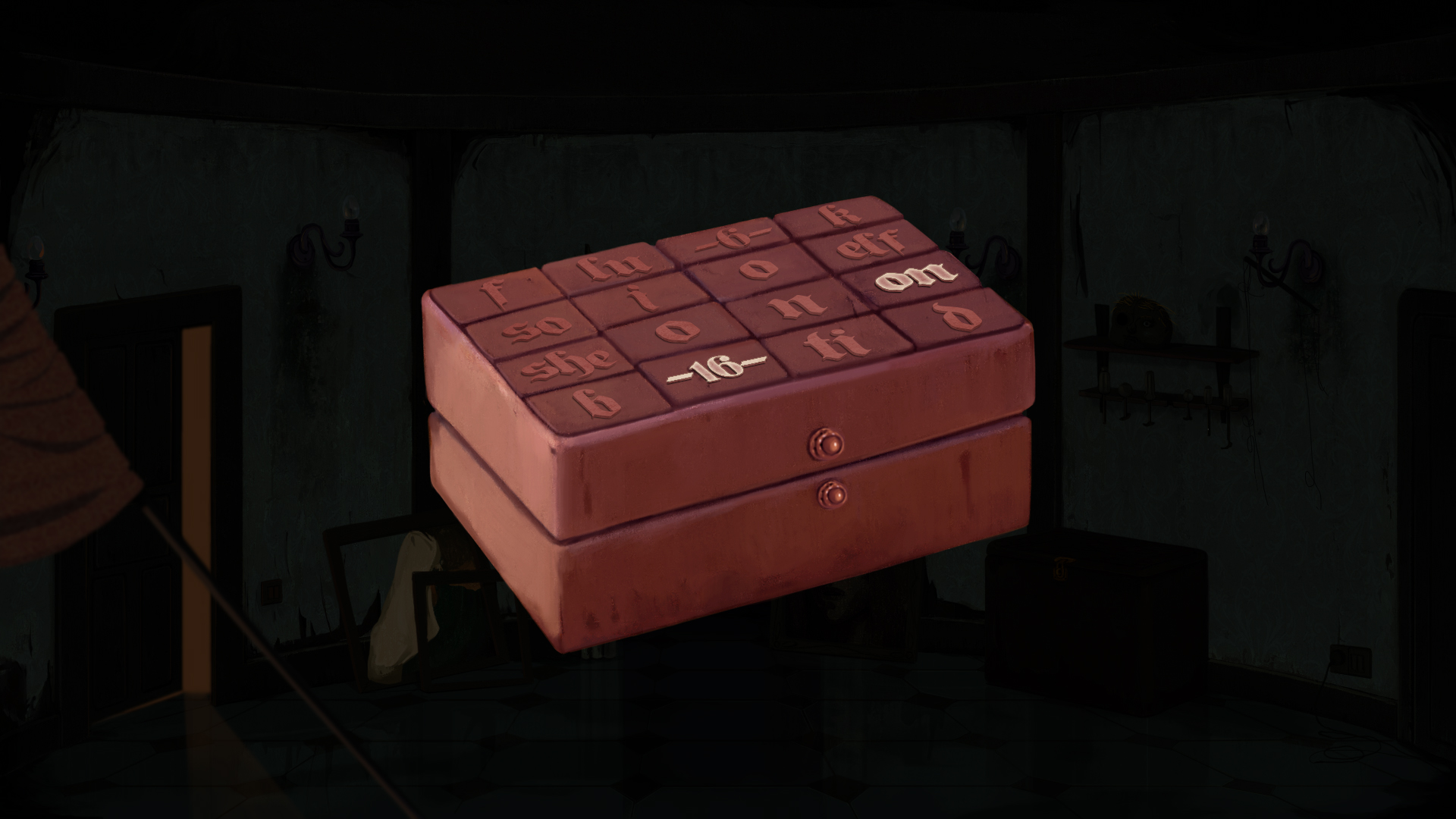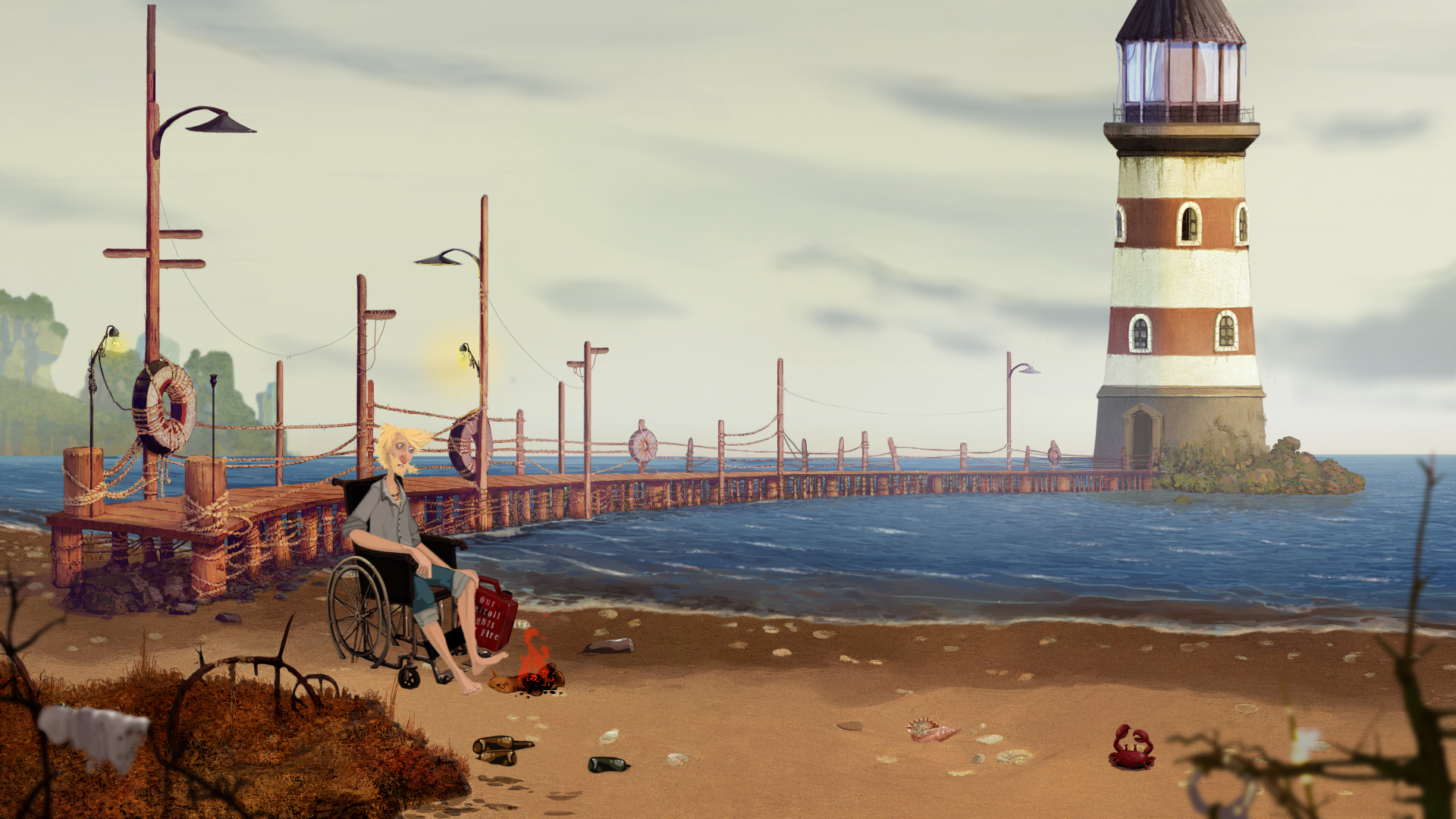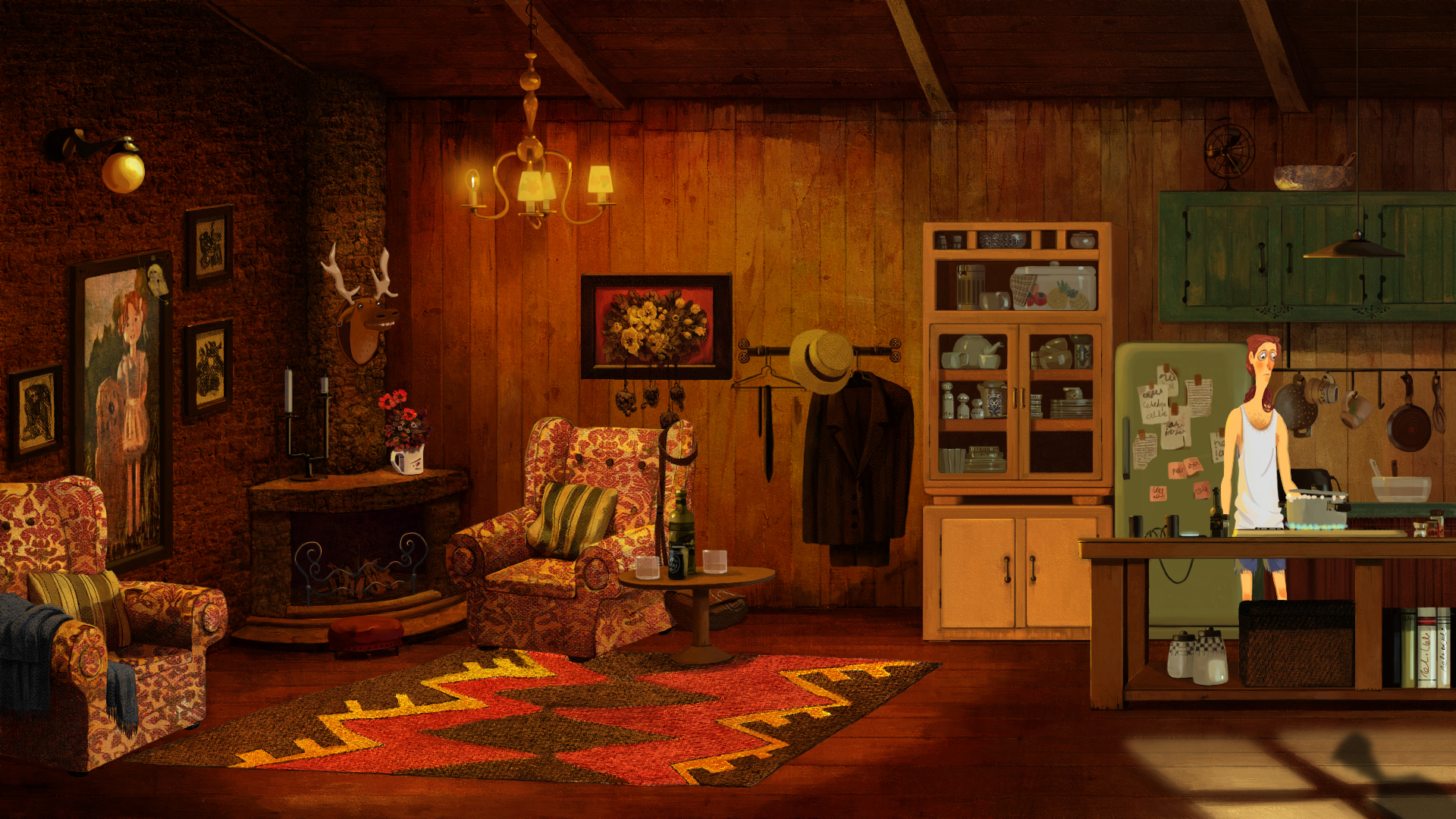Why I love the old school feel of Memoranda
A game I've instantly point-and-clicked with.


In Why I Love, PC Gamer writers pick an aspect of PC gaming that they love and write about why it's brilliant. Today, Joe succumbs to Memoranda and its nod to classic adventure games.
The remastering of old games is a popular trend which shows little sign of slowing down. This week, LucasArts and Double Fine's Full Throttle became the latest classic to be reworked in shiny HD with overhauled music and sound. As a long-serving fan of the point-and-click adventure genre this is great news, yet I can't deny nostalgia drives much of what I find appealing about these particular remakes. Sure, these games are great, but having played them to death in my formative years I often find everything comes flooding back minutes after booting them up.
What I long for instead are games that echo the time-honored greats with a modern spin—pitching taxing puzzles at players alongside whimsical characters, vibrant worlds, and sometimes genius/other times wholly incongruous mix-and-match item swapping and combining. What I long for is games like Memoranda.
I first got wind of Bit Byterz's Memoranda back in October 2015 when it was running a Kickstarter campaign. Inspired by the surrealist stories of Japanese author Haruki Murakami, the stylish point-and-clicker promised a suitably twee tale about a protagonist who'd forgotten her name, that lived in a quaint town where modern technology complemented archaic handcrafts.

It surpassed its crowdfunding target by several thousand Canadian dollars and by December last year was on the precipice of launch with a cool new trailer and a January due date. And then Christmas came, then new year, then some big post-holiday releases and poor Memoranda completely dropped off my radar.
Last week, I nipped back into Night School Studio's wonderful narrative adventure Oxenfree, and after inadvertently playing it through to completion for a third time, Memoranda suddenly popped back into my head. I then spent large pockets of my Easter break reveling in its gorgeous world, conversing with its cast of strange but interesting townsfolk and cursing its at times ultra-difficult puzzle work—whereby I'd rage for several consecutive minutes before finally sussing out what was required of me and then being met with an enormous sense of well being.
You see, beyond its beautiful art style, engaging characters and well-determined voice acting, I think Memoranda's greatest achievement is its refusal to pander to its players. Modern games are filled with tutorials, in-game maps and pointers, however solving Memoranda's puzzles requires you pay meticulous attention to what its characters tell you, to the relationship seemingly innocuous items could have to specific people, and to information that's fastidiously placed around town. Each puzzle has a cryptic hint system for those struggling, but even then these clues regularly require a fair bit of head-scratching.

It's never unfair—you're almost always overlooking something right in front of your nose—but Memoranda nevertheless does a fantastic job of recreating the challenge classic adventure games has since become renowned for. Whereas the games of yesteryear predated even GameFAQs never mind instantaneous access to online walkthroughs, what's arguably even more challenging here is resisting the urge to quickly Google how the hell you work out the code on the keypad that was sewn inside the weird art collector's teddy bear that you could only uncover after messing around with a punch and judy-like contraption.
The biggest gaming news, reviews and hardware deals
Keep up to date with the most important stories and the best deals, as picked by the PC Gamer team.
And I'd urge you not to take the easy way out unless you absolutely have to: solving Memoranda's puzzles on my own has filled me with a level of joy that I've not felt from a videogame in a very long time.
Despite being far from finished, Memoranda's increasingly bizarre story has me totally unsure of what'll happen next. Which, against its enduring peers, makes me confident this one is on the right track.

